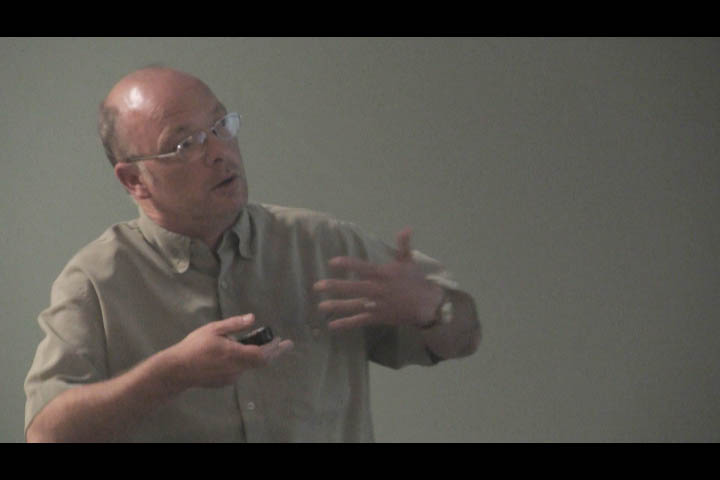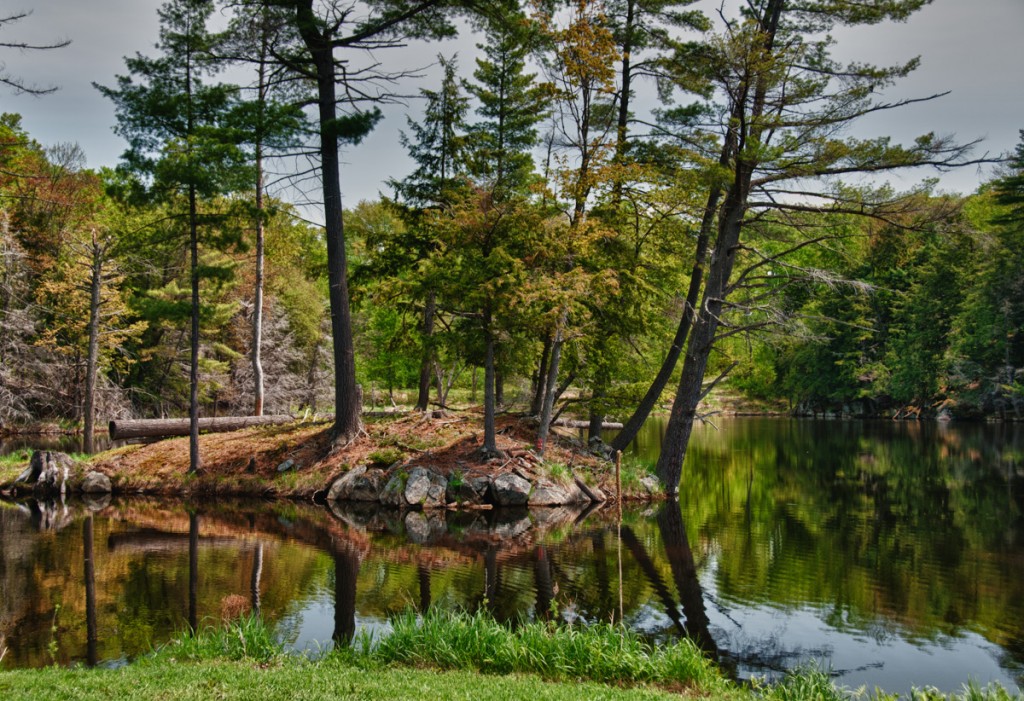In case you missed it, the following was Issued by the Ministry of Natural Resources on Saturday, April 12, 2014 at 1:00 p.m.
The Ministry of Natural Resources -Click here to enter text. Parry Sound District is advising residents within flood-prone locations that a Flood Warning is in effect as flooding is imminent. Residents affected by flooding in past years are advised to take immediate action to secure or protect property in advance of river flows and lake levels rising to flood levels.
Those residents that have evacuated their homes in past years due to flooding may wish to make similar preparations at this time as rising water levels will hinder, limit or prevent the ability to evacuate as driveways and roads in lower-lying locations become impassible.
All residents in close proximity to local rivers are advised to keep a close watch on conditions, regularly check for updated messages and exercise caution as river flows and levels rise.
MNR continues to monitor weather conditions and flows and water levels. Further updates to this Flood Warning will be issued as conditions change.
TECHNICAL INFORMATION
Description of Weather System
The current forecast is calling for 45mm or more precipitation beginning the evening of Saturday April 12th through Monday April 14th. The forecast through to next Monday is for daytime high temperatures up to 16 degrees Celsius with near freezing nighttime temperatures.
Description of Current Conditions
The water content within the existing snow pack throughout local watersheds continues to be greater than the normal or historical average for early April. Forecasted temperatures and rainfall will significantly accelerate the melt of the snow pack Saturday through Monday. It is expected that the melting of the snow pack and rainfall amounts will significantly increase the amount of runoff into local rivers and lakes.
Expiry Date: This message will expire Wednesday April 16, 2014; 12:00 pm
Terminology: Notification Levels
WATERSHED CONDITIONS STATEMENT – FLOOD OUTLOOK: gives early notice of the potential for flooding based on weather forecasts calling for heavy rain, snow melt, high winds or other conditions
WATERSHED CONDITIONS STATEMENT – WATER SAFETY: indicates that high flows, melting ice or other factors could be dangerous for such users as boaters, anglers and swimmers but flooding is not expected.
FLOOD WATCH: potential for flooding exists within specific watercourses and municipalities
** FLOOD WARNING: flooding is imminent or occurring within specific watercourses and municipalities.
Contact Information
For more information please contact:
First Nation and Municipalities please contact: 705-646-5531
Other Inquiries please contact: 705-646-5509
A close watch on local conditions and weather forecasts from Environment Canada is recommended. Environment Canada bulletins can be found at http://weather.gc.ca/
The Surface Water Monitoring Centre public webpage can be found here: www.ontario.ca/flood
















